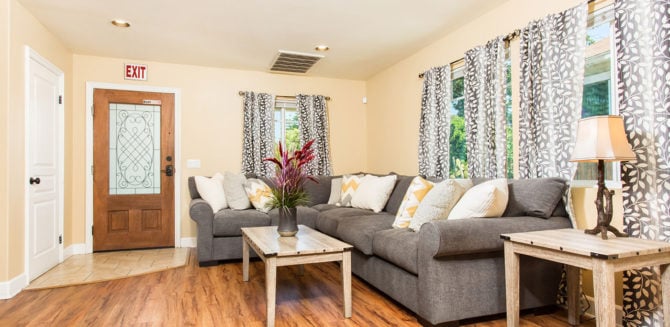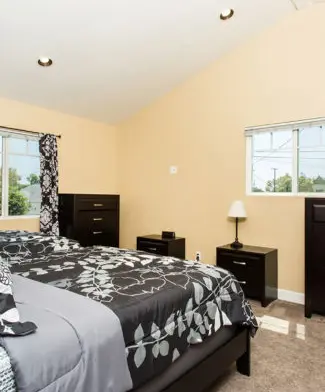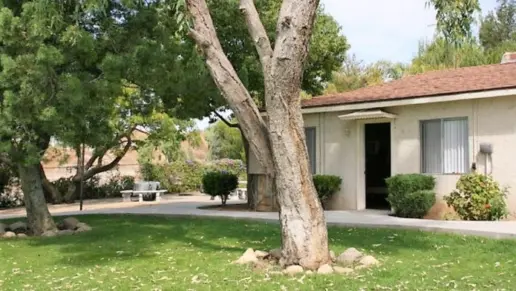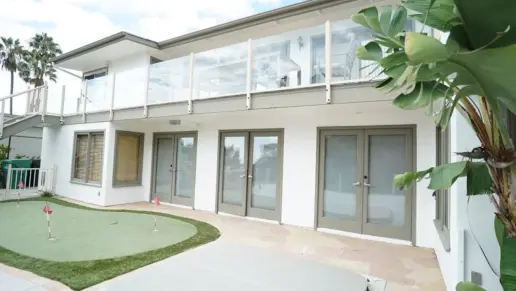About Axis Mental Health
For about half of clients who struggle with addiction, it isn’t just substance abuse that’s a problem. Clients in this category are also dealing with a co-occurring mental health disorder, which can exacerbate addiction and make recovery more complicated. Making matter worse, many do not realize they are dealing with a co-occurring disorder!
Fortunately, help is available for people in this position when they enroll in the addiction recovery program at Axis Mental Health. When you arrive at our drug rehab clinic, you’ll sit down with one of our professionals. During an intake interview, you’ll be screened for any possible co-occurring mental health disorders.
Should a co-occurring mental health disorder be identified alongside your addiction, we will provide you with the support of dual diagnosis mental health treatment. With dual diagnosis mental health treatment, you will have the best possible chance at attaining your personal goals for recovery treatment.
Latest Reviews
Rehab Score
Gallery






Location
Addiction Treatments
Levels of Care
Treatments
Drug rehab in California teaches participants constructive ways to stay clean and sober. Treatment revolves around helping individuals stop using the substance they are addicted to and learn healthy habits to avoid relapse.
In California, dual-diagnosis addiction treatment programs offer comprehensive care for individuals with co-occurring mental health and substance use disorders. Programs include medically assisted detox, intensive outpatient, outpatient, residential rehab, and partial hospitalization. Using an evidence-based approach, clinicians utilize therapies like cognitive behavioral therapy, or dialectical behavioral therapy and mindfulness to address substance use disorders and co-occurring mental health challenges. Additional services include 12-Step recovery, group therapy, family counseling, and relapse prevention to promote sustained recovery.
In California, substance abuse treatment programs can help individuals with any type of substance use disorders and co-occurring conditions. These rehab programs typically encompass various levels of care, including medically assisted detox, intensive outpatient, outpatient, residential rehab, and partial hospitalization. You can expect clinicians to utilize evidence-based therapies like cognitive behavioral therapy (CBT), dialectical behavioral therapy (DBT), and mindfulness to help you achieve and sustain your recovery. The rehab's clinical team can provide a comprehensive assessment to determine the appropriate level of care and medical support you may need.
Alcoholism, or alcohol use disorder (AUD), is defined by alcohol dependence. This is a state the body reaches when it experiences withdrawal symptoms in the absence of alcohol. A person who has AUD craves alcohol and continues to drink despite adverse consequences. Because withdrawing from alcohol can pose health risks, individuals with AUD should seek professional alcohol rehab in California to overcome their alcohol addiction. This process typically involves medical detox, rehabilitation, and maintenance.
Inpatient treatment for drug and alcohol addiction with a focus on mental health is a good fit for people who need closer monitoring and care. Treatment may occur in a hospital setting, a clinic, or a luxury rehab center. Mental health counselors and staff are available 24/7. Therapies typically include group and individual counseling, relapse prevention education, and emotional coping skills training.
Amenities
-
Private Setting
-
Residential Setting
-
Wifi
-
Mountain Views
Accreditations

State Licenses are permits issued by government agencies that allow rehab organizations to conduct business legally within a certain geographical area. Typically, the kind of program a rehab facility offers, along with its physical location, determines which licenses are required to operate legally.
State License: California
Contact Information
1604 W Santa Ana Blvd
Santa Ana, CA 92703


